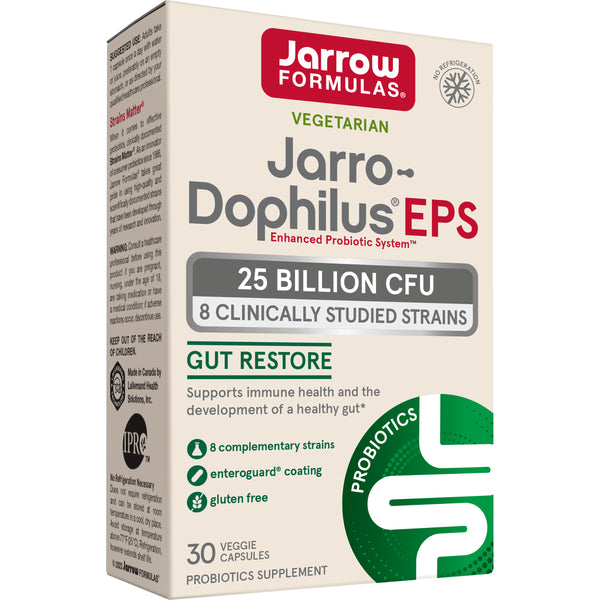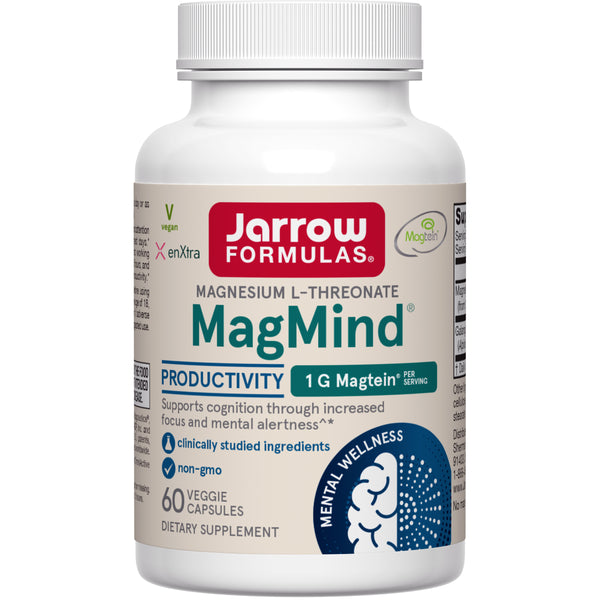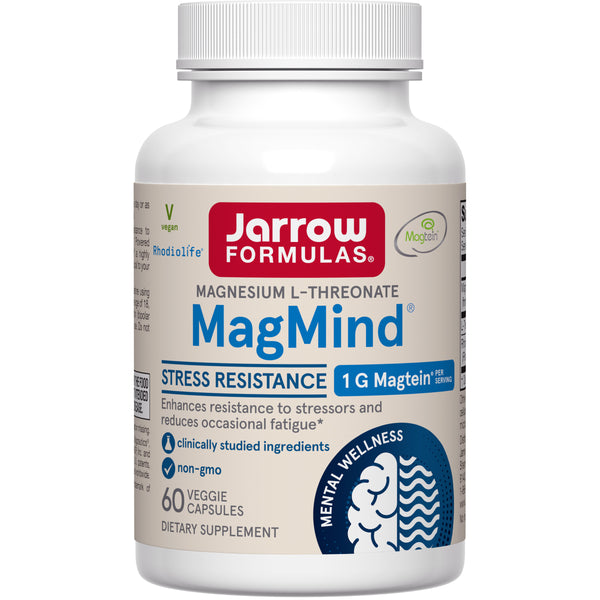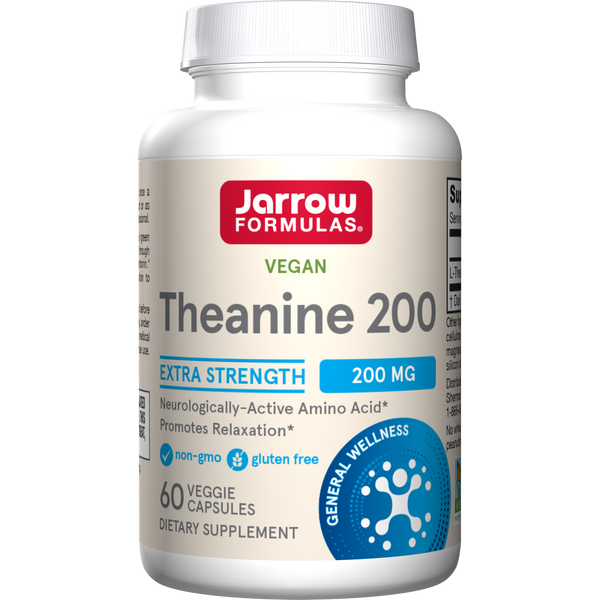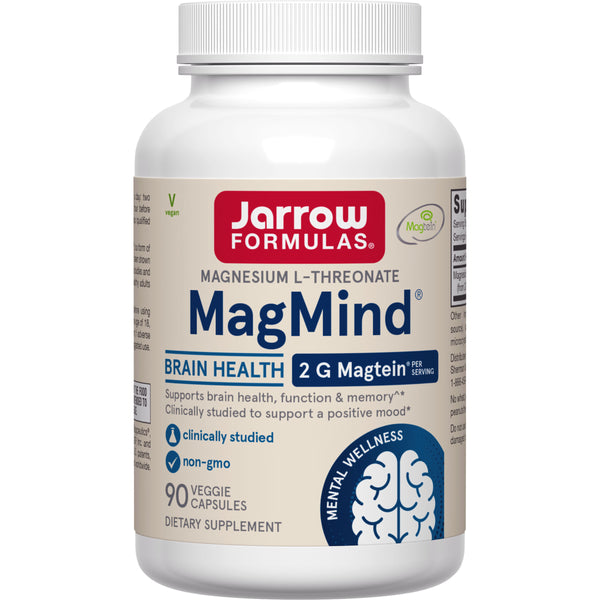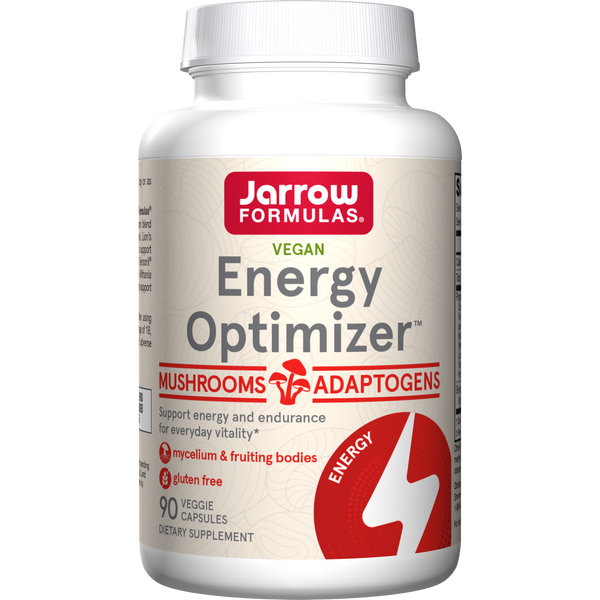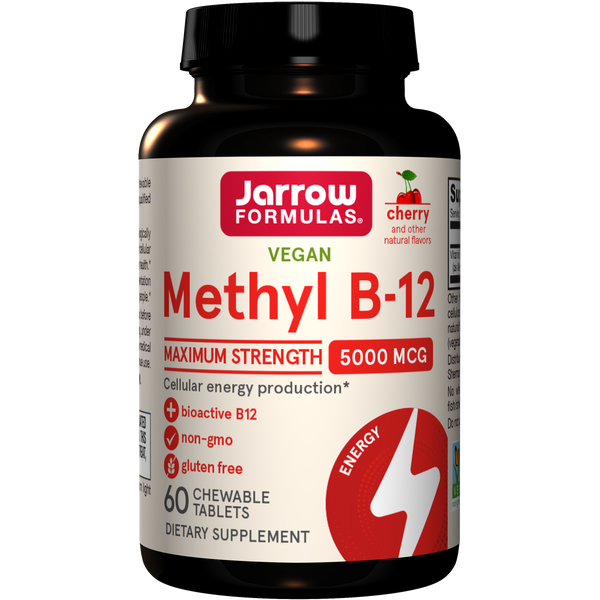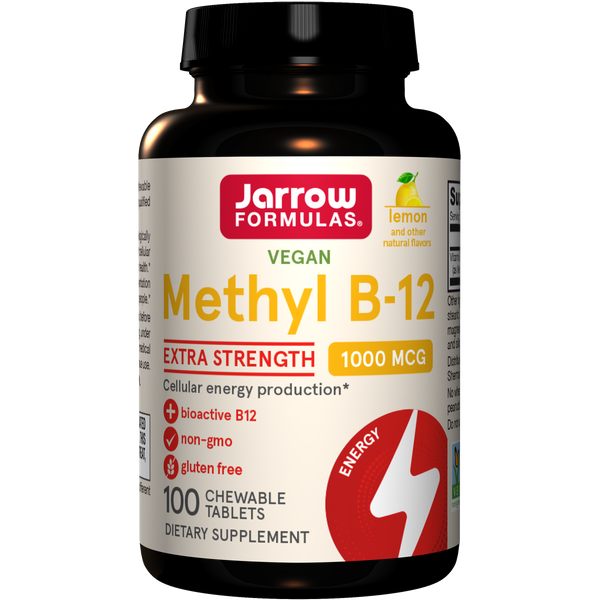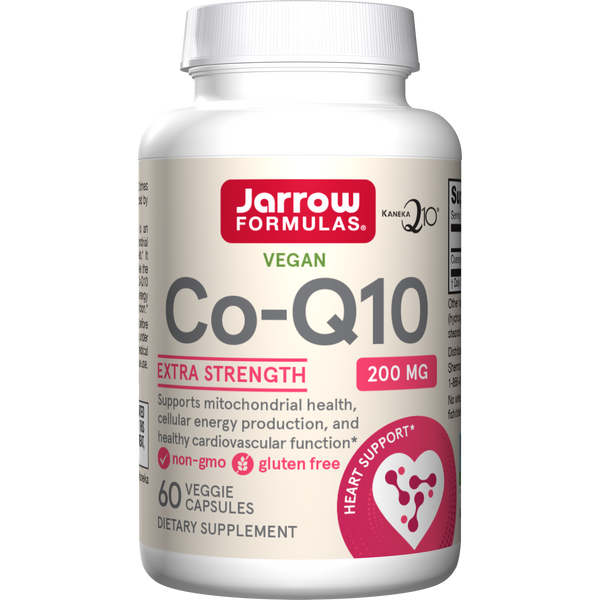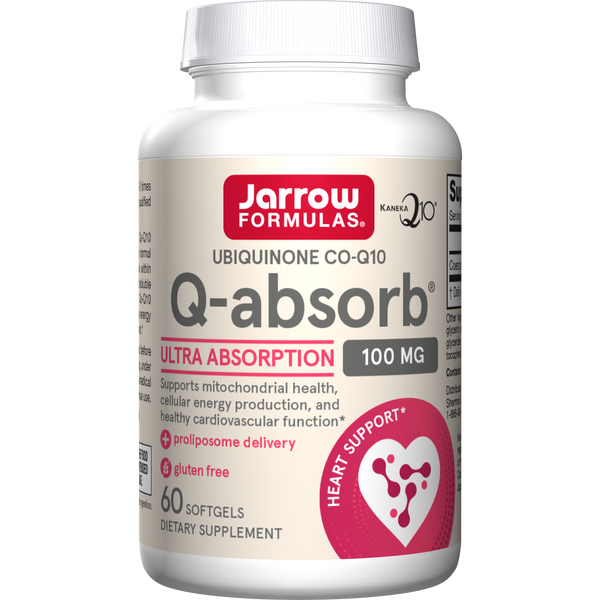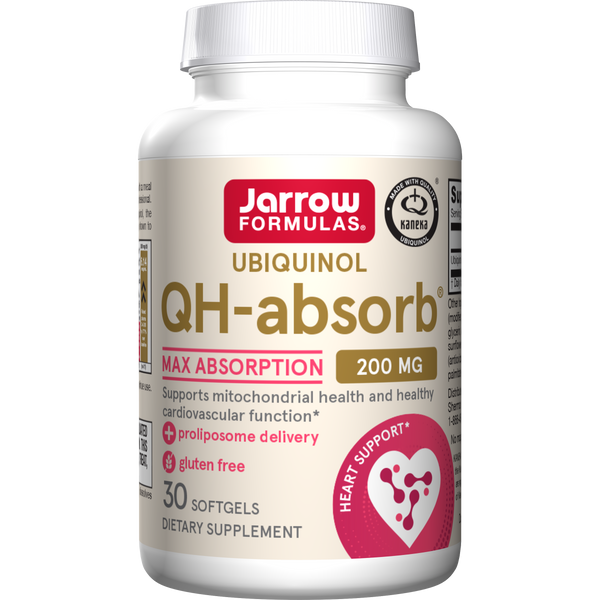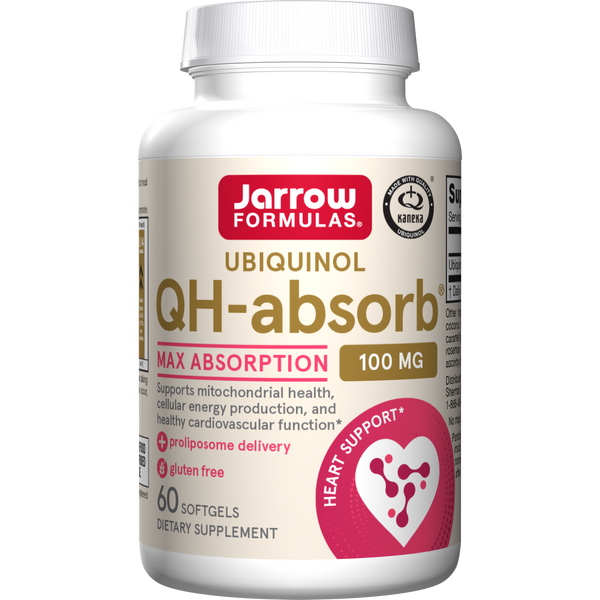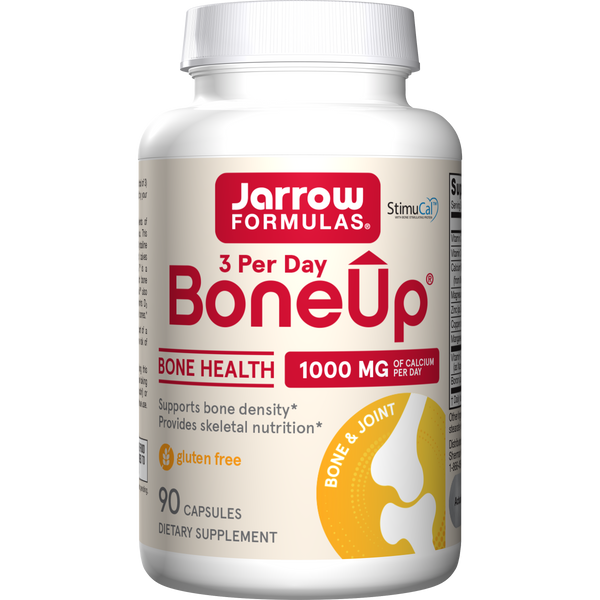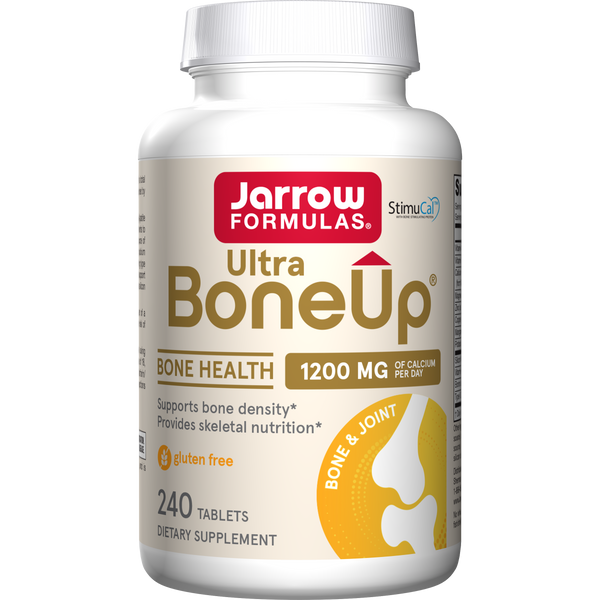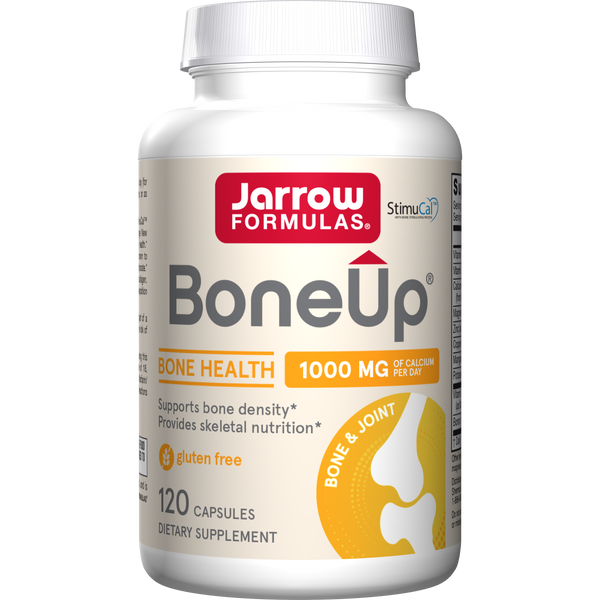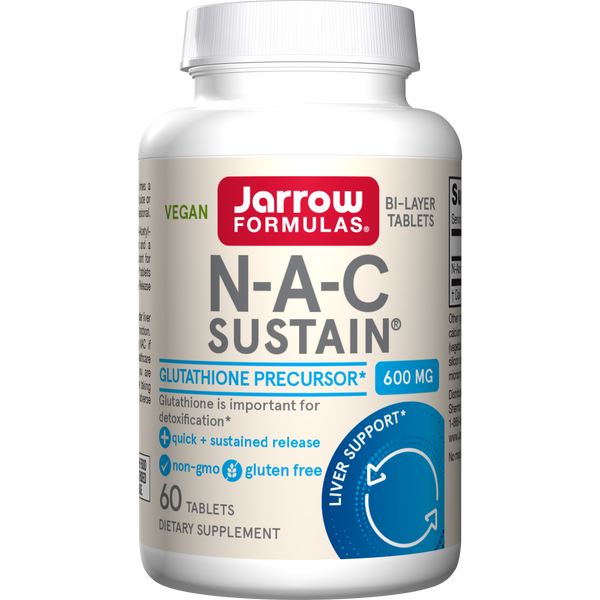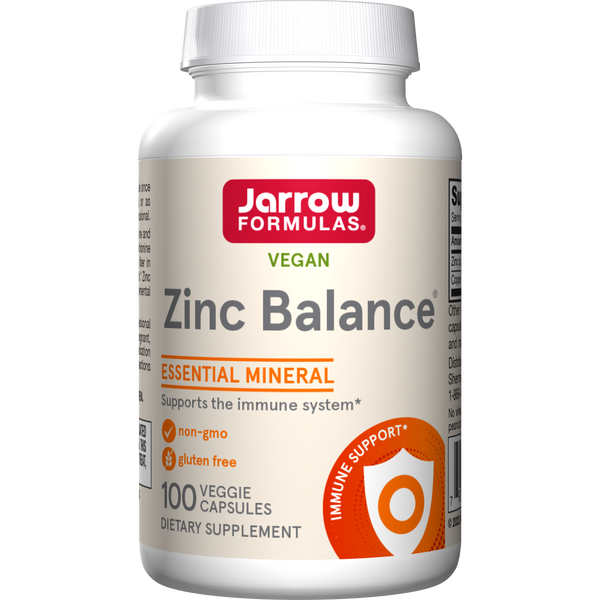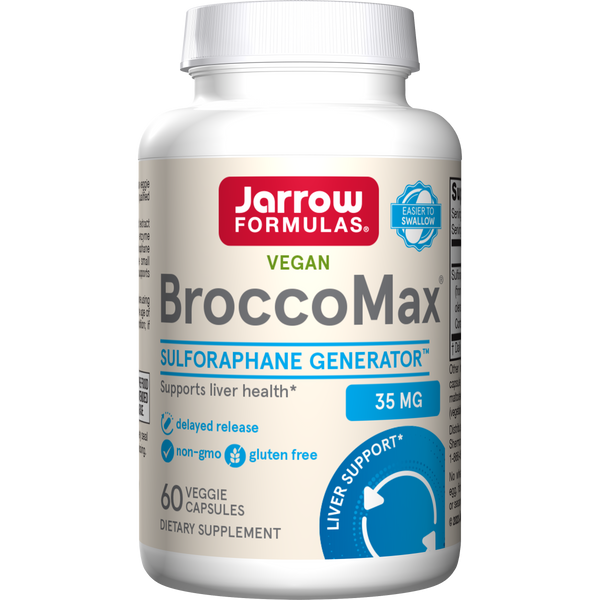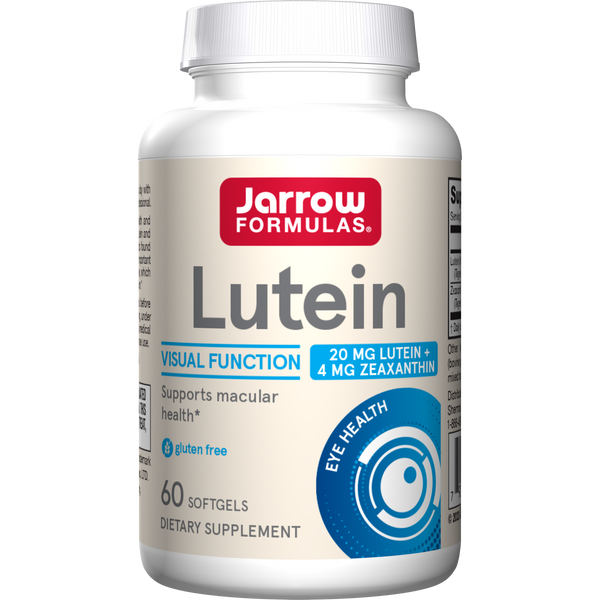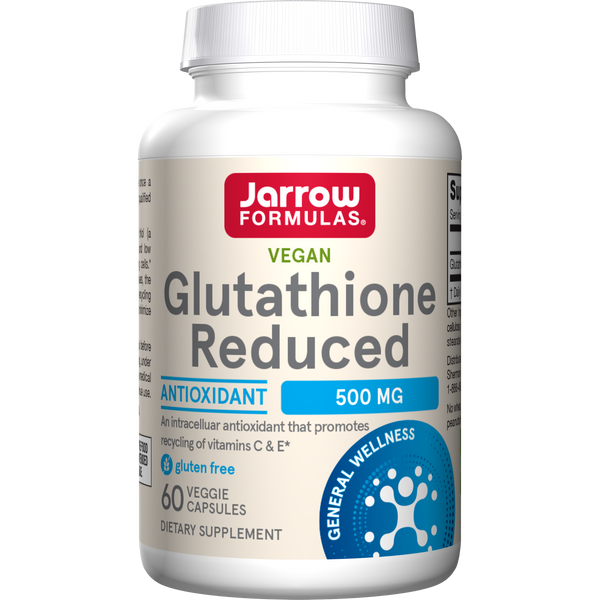Hydroxycitric Acid (HCA) Protects Mitochondria & Reduces Inflammation
by Dallas Clouatre, Ph.D.
Hydroxycitric Acid (HCA) To The Rescue
According to a study published in the journal Free Radical Research, HCA improves antioxidant status and mitochondrial function plus reduces inflammatory balance. Chronic dysfunction of mitochondria, oxidative stress, and inflammation all contribute to fat cell & tissue dysfunction, which promotes metabolic diseases (e.g., metabolic/insulin-resistance syndrome, type 2 diabetes). Nutritional therapies are aimed at correcting such metabolic aberrations and HCA packs a mean punch in the fight against metabolic dysfunction.
HCA is popular as a weight loss aid, but apparently does much more in the body, including protecting the mitochondria (the “energy factories” of the cells). The role of mitochondria in metabolic dysfunction and disease is an active area of research. Increased cellular generation of reactive oxygen species (ROS) damages the mitochondria, causes injury to the cell and promotes the production of pro-inflammatory mediators as well as further ROS.
Study Summary
Inflammation is linked to the metabolic dysfunction at the cellular level by way of damage to the antioxidant-defense enzyme system and mitochondria. This damage, in turn, propagates further production of pro-inflammatory mediators.
To uncover cellular mechanisms involved, researchers examined adipocytes (fat cells) and one of their important internal structures, the endoplasmic reticulum (ER). ER stress contributes to cell/tissue and metabolic dysfunction by disturbing the normal synthesis, secretion and folding of proteins leading to increased ROS production and inflammation. Increased ROS and diminished antioxidant defenses cause chronic cell injury. HCA protected fat cells from ER stress by improving the antioxidant status to reduce ROS and improve the function of the mitochondria to short circuit the ER stress–inflammation loop in these cells.
The Many Faces Of The Metabolic Syndrome
The metabolic syndrome is taken as being largely synonymous with insulin resistance and involves multiple metabolic perturbations: elevated fasting blood glucose levels, central obesity, elevated levels of fat in the blood, reduced high-density lipoprotein (HDL) cholesterol ("good" cholesterol), elevated blood pressure and, more recently, chronic low-grade inflammation. Weight gain is another common symptom.
One hypothesis is that a well-recognized increased consumption of sugars and refined carbohydrates plays a pivotal role in the increase of these unwanted outcomes. Suitable life-style changes should be both preventative and to some extent corrective of the metabolic aberrations. However, dietary restrictions and regular engagement in exercise are not easy alternatives for many people. Hence, it is important to find and explore therapeutic nutritional alternatives.
HCA Not Just For Weight Loss
HCA, which can be obtained from a variety of Garcinia species, has been tested primarily as a weight loss compound. As is true of many herbal extracts, studies have shown vast differences in efficacy depending on extraction methods, purity and other factors.
Recently, attention has turned to other possible benefits with a number of animal trials demonstrating improved inflammatory balance as well as improved insulin sensitivity and reductions in other aspects of the metabolic syndrome. However, until this publication in Free Radical Research (2014 Nov; 48(11): 1386-96), no clear mechanism of action related to modulation of inflammatory balance had been uncovered. The finding that HCA reduces ER stress helps to explain many otherwise puzzling benefits of HCA and suggests that HCA might play an important part in discouraging metabolic dysfunction by interrupting the vicious cycle of an ER stress–inflammation loop (reinforcing each other).



